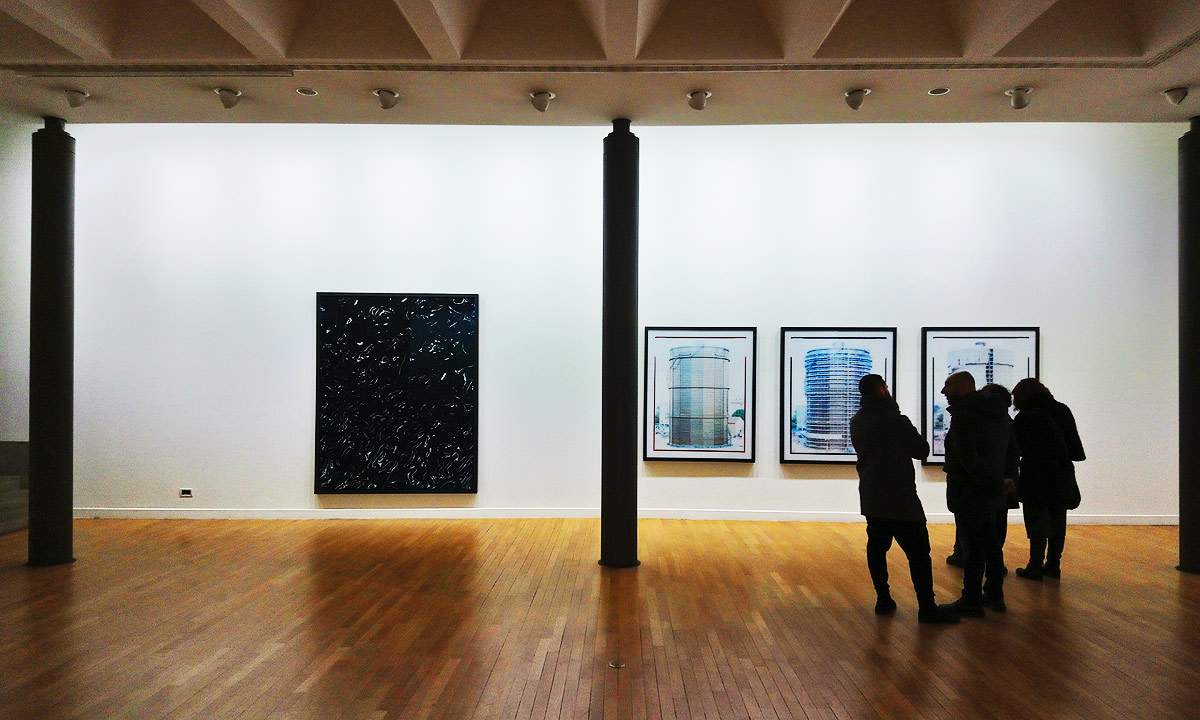ICOM: "Museums must have protection even if they are closed due to coronavirus emergency"
ICOM Italia, the body representing Italian museums, has written some guidelines to ensure that museums continue to protect their collections even during the Covid-19 coronavirus pandemic health emergency. In fact, the Prime Minister’s decrees have also had a major impact on culture, but even if museums are closed, it is not possible, ICOM Italy writes, “to neglect the aspects related to the protection and safeguarding of cultural assets that public and private entities have ownership or availability of.”
Therefore, ICOM Italy believes “it is essential that museums do not neglect all measures to prevent the continuation of the state of emergency and the consequent closure to the public from bringing detriment to the conservation and protection of cultural heritage.” There are several measures recommended by ICOM: the vigilance and periodic inspection of museum venues and archaeological sites, including storage facilities; verification of the integrity of the structures; verification of the state of functionality of facilities (plumbing, electrical, air conditioning, fire-fighting, etc.); verification of anti-crime defense systems; direct or remote monitoring of environmental values, both in the exhibition halls and in the deposits; control and eventual maintenance of biological materials on display and in the deposits; routine maintenance of green areas of museum relevance, with particular regard to archaeological areas and parks as well as historical gardens.
In the case where museums have activated concession contracts for the management and services to the public of their museums, ICOM Italy’s recommendation is to maintain active, with possible shifts (even in the case of suspension or modification of contracts), in-person services by the staff responsible for the periodic inspection of premises and facilities. Alternatively, the suggestion is to “set up plans for weekly inspections with staff from within the administrations themselves or put in place all measures deemed appropriate.”
Still, attention should be given to the scheduled maintenance of the devices, so as to “constantly ensure the necessary microclimatic conditions and to prevent uncontrollable risk situations from occurring.” In addition, ICOM Italy hopes that forms of collaboration between museums, whether they are already part of networks or not, will be activated where possible, so as to share the professional skills that can ensure the minimum necessary services.
The activities that ICOM recommends, the text reads, “are to be considered among those that are indispensable and cannot be postponed and are among the proven work requirements that, subject to safety measures about spacing and the provision of individual protective equipment, also justify the maintenance, albeit contingent, of the organization of work ’in presence’ as well as the movement of workers.”
For this reason, ICOM Italia has urged the government to update the list of ATECO codes of activities that can operate, so that companies that manage museums can carry out the recommended activities. In addition, ICOM Italy “ believes that the undeniable multiple critical issues affecting the world of museums in this time of emergency, which are accompanied by concerns about a future that is difficult to outline today, can (and should) be the source of a rethinking of the very nature of exhibition structures and museum work.” Culture, the body argues, has reacted with readiness and inexhaustible creativity and enthusiasm, trying to experiment with alternative ways of fruition, but the crisis can nevertheless “be an opportunity to imagine new strategies and design innovative solutions for the management of facilities and the introduction of technologies oriented to create technical-organizational platforms (already tested in some contexts) to remotely control the factors that may affect security and conservation.”
In conclusion, ICOM Italy hopes that this experience will incentivize museums to collaborate with each other and with other institutes and other places of culture: the hope is that “territorial networks and systems will be created (where not yet realized), in which integrated services valid also for the achievement of the Uniform Levels of Quality of Valorization provided by the National Museum System.”
 |
| ICOM: "Museums must have protection even if they are closed due to coronavirus emergency" |
Warning: the translation into English of the original Italian article was created using automatic tools. We undertake to review all articles, but we do not guarantee the total absence of inaccuracies in the translation due to the program. You can find the original by clicking on the ITA button. If you find any mistake,please contact us.





























